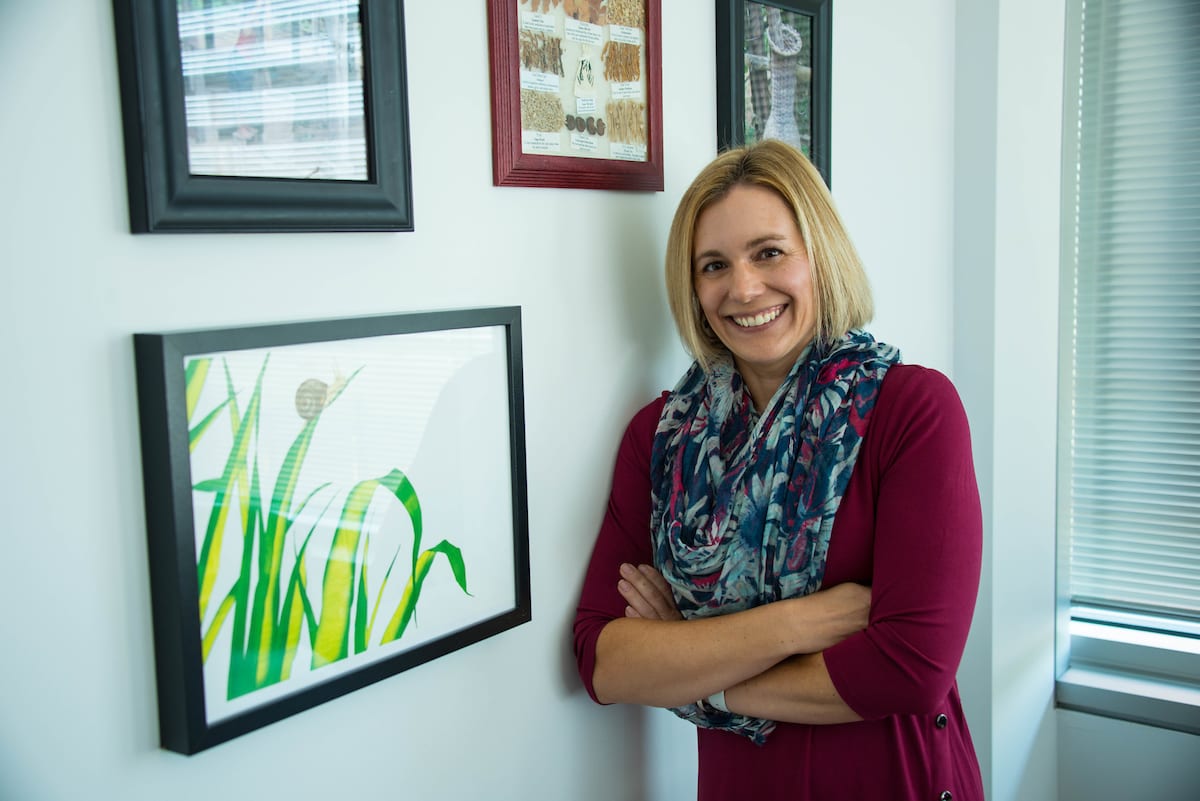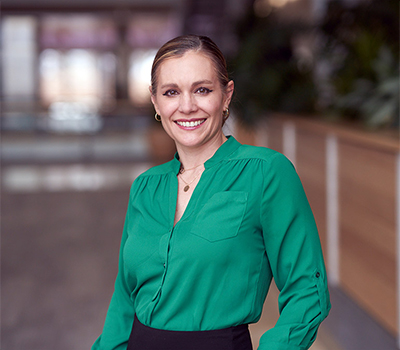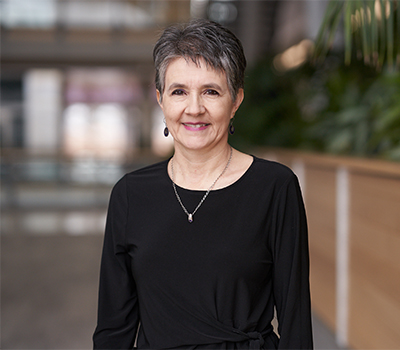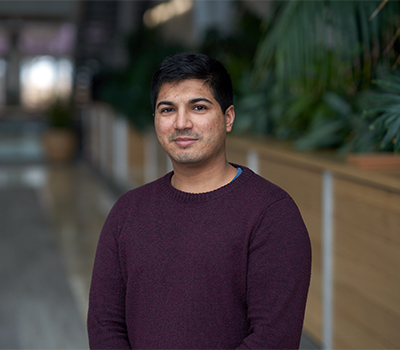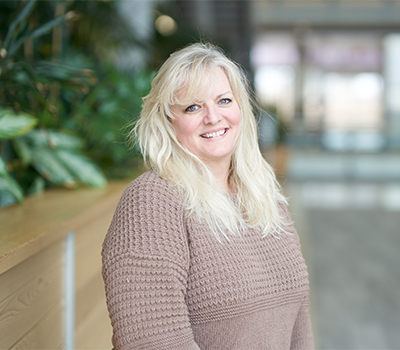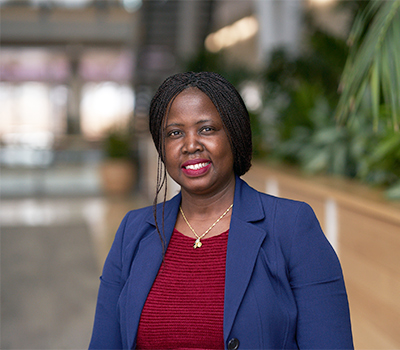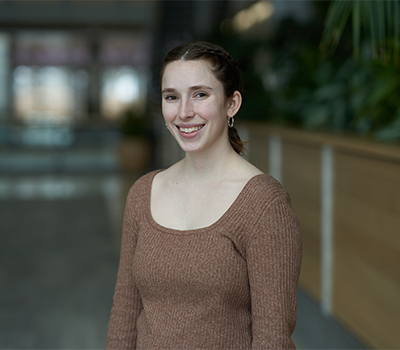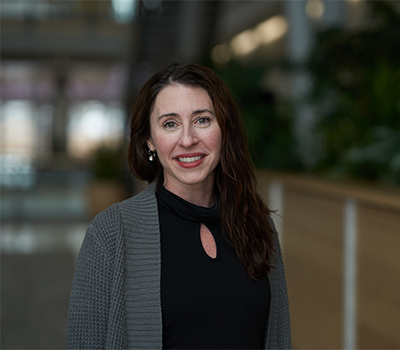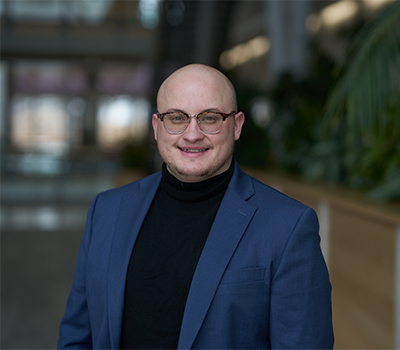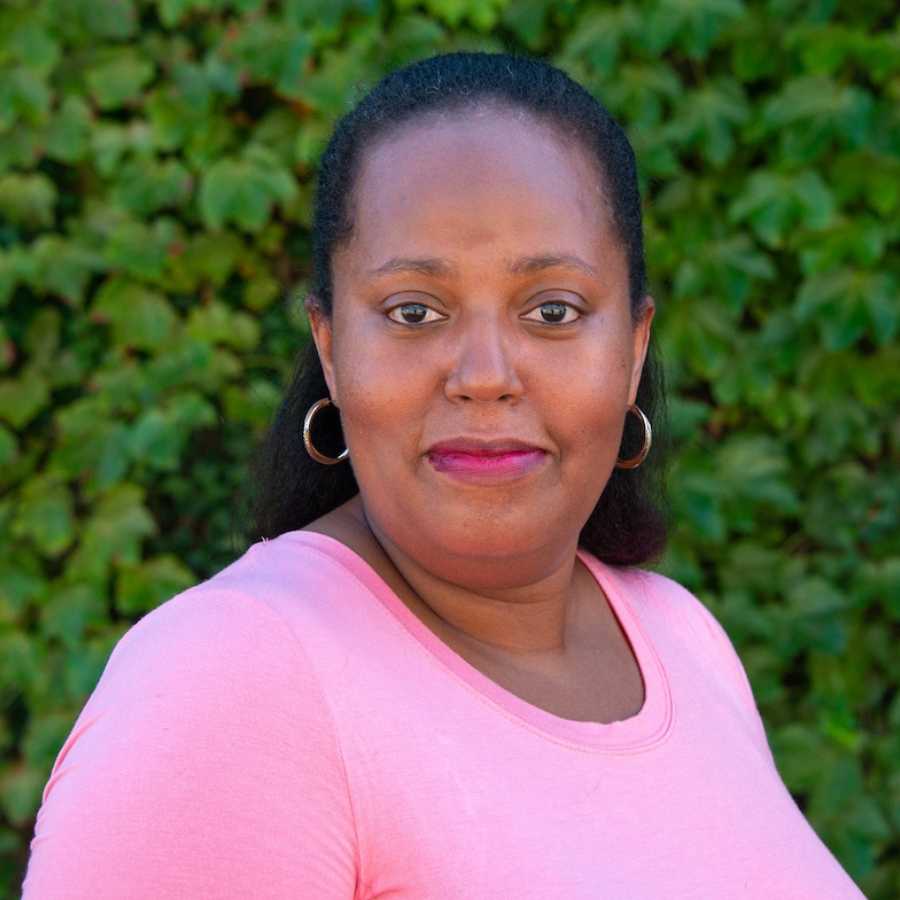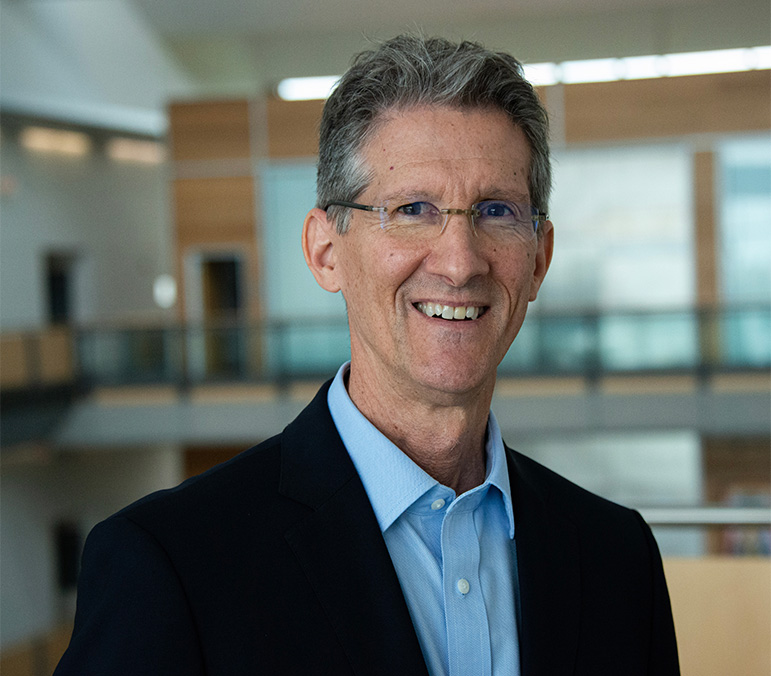A Circuitous Route
When working in research and medicine in Laos, PDR, Dr. Kristine Callis-Duehl’s triple interests in plant science, research, and education began to come together for the first time.
“That’s when I started to understand the intersection between medicine and conservation. The plants the villagers were reliant on were disappearing because the habitat was being degraded. A new highway was going in to connect Thailand to the rest of Asia and it was devastating to the forest remnants there.”
She also became interested in education. “If everybody in the valley had had more than a third-grade education, they might have understood their rights and resisted the destruction.” When she returned to the U.S. to resume graduate school, Kris forged an unusual path: tropical ecology with a parallel track of NSF-funded K-12 education. But she soon narrowed in on education. “Be it healthcare, agriculture, the environment, or human empowerment and freedom, the way we solve the majority of the world’s problems is through education.”
Today, Kris is the Sally and Derick Driemeyer Director of Education Research and Outreach at the Danforth Center, working to bring high-quality science education to more people and to inspire the next generation of scientists.
Knowledge is Power and Science Fuels the Future
At the Danforth Center, Kris is the director of Education Research & Outreach. The department takes as its mission to inspire the next generation of scientists to help feed the world and save the planet. “Plants form the foundation of life on Earth. When the general public lacks understanding of plants, that threatens the wellbeing of us all. “
She and her team bring cutting-edge STEM education to students throughout the St. Louis region and beyond. She explains: “The research we’re doing is to determine how to educate the most number of people the most effectively. In doing so, we want to make education accessible to everyone worldwide.”
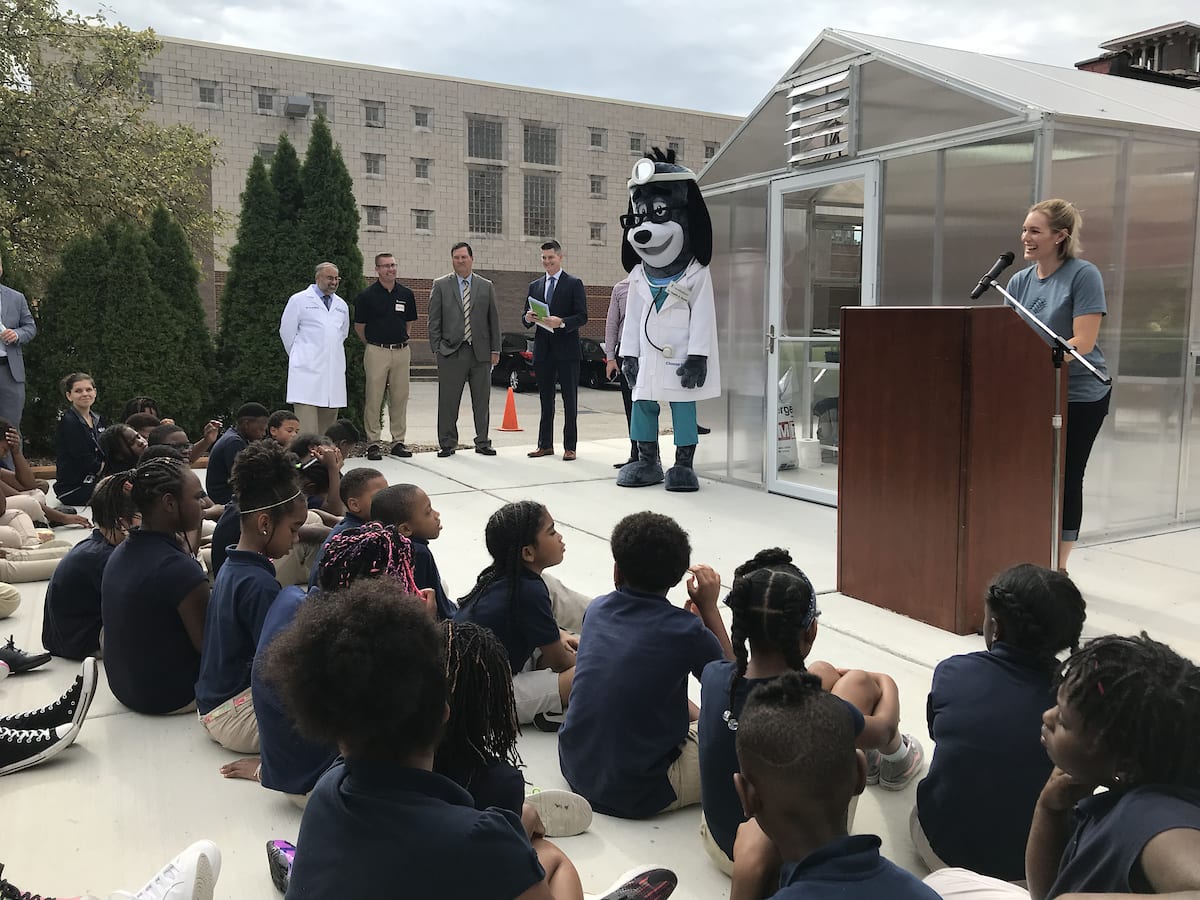
Mobile Ready
Kris cites the Internet and mobile devices as the greatest technological advances in the field of education. “Mobile devices allow knowledge to be at the fingertips of people worldwide. Even in fairly remote areas without a lot of electricity. Having information at your fingertips, education is no longer about memorizing facts, but about how knowledge is applied creatively in new and novel ways.”
